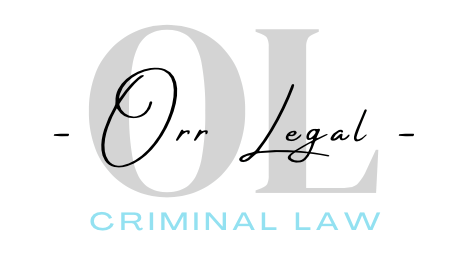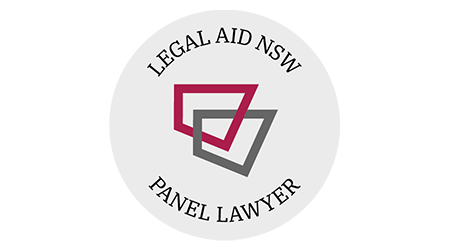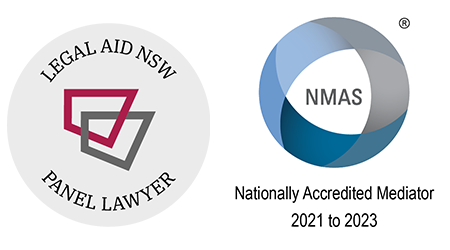Are you going to Court?
Going to court is a very confronting experience. Orr Legal can you support you through this process.
What happens if I plead Guilty or I have been found guilty?
If you plead guilty or are found guilty in the Local Court, the magistrate will sentence you.
The sentence process will usually start straight after a guilty verdict, and often straight after a guilty plea. In more complex matters, the magistrate may adjourn the matter for sentence.
Sentencing Process
Once a guilty plea or a finding of guilt has occurred, the following process will take place:
- The prosecution will hand the magistrate the police facts sheet or if you found guilty after the hearing, the magistrate will determine the facts based on the evidence.
- The prosecution will also provide your criminal record and / or traffic record and any other relevant documents, such as photos of the victim’s injuries or of property damage.
- The defence will tender their supporting material, typical supporting material are written character references, psychological or psychiatric reports, and relevant medical reports.
- In serious matters, a magistrate will often request a ‘sentence assessment report’ on whether there are sentencing options available other than fulltime prison, such as compulsory drug treatment detention. This will generally result in a further adjournment.
- In certain types of matters, the victim can provide a Victim Impact Statement (VIS). In those matters, the prosecution will hand a copy of the VIS to the magistrate. The victim is permitted to read it aloud, or have someone read it to the Court.
The magistrate will then hear oral submissions from the defence about factors that could affect the sentence. These can include, for example:
-
- the offender’s background,
- personal circumstances,
- rehabilitation prospects,
- family responsibilities,
- work situation,
- prospects for the future, and
- your plea.
The magistrate will sometimes ask the defence questions, speak to you directly, or ask the prosecution for its view on sentencing options.
The Sentence
The magistrate will then determine the appropriate sentence and provide reasons. In more complex matters the magistrate may adjourn the matter to provide them more time to prepare their judgment and sentence.
Penalties The Local Court Can Impose
The penalties the Local Court can impose in criminal matters include:
- Conditional Release Orders without Conviction (Section 10)
- Fines;
- Conditional Release Orders with Conviction;
- Community Correction Orders;
- Intensive Corrective Order;
- Imprisonment.
The Local Court’s jurisdictional limit is a maximum sentence of two years imprisonment per offence, and five years imprisonment across multiple charges.
Orr Legal – Sentencing in a Local Court
We are Orr Legal suggest if you or anyone you know been been arrested or is found to be part of a legal matter that you Contact Us today to get the very best advice.









